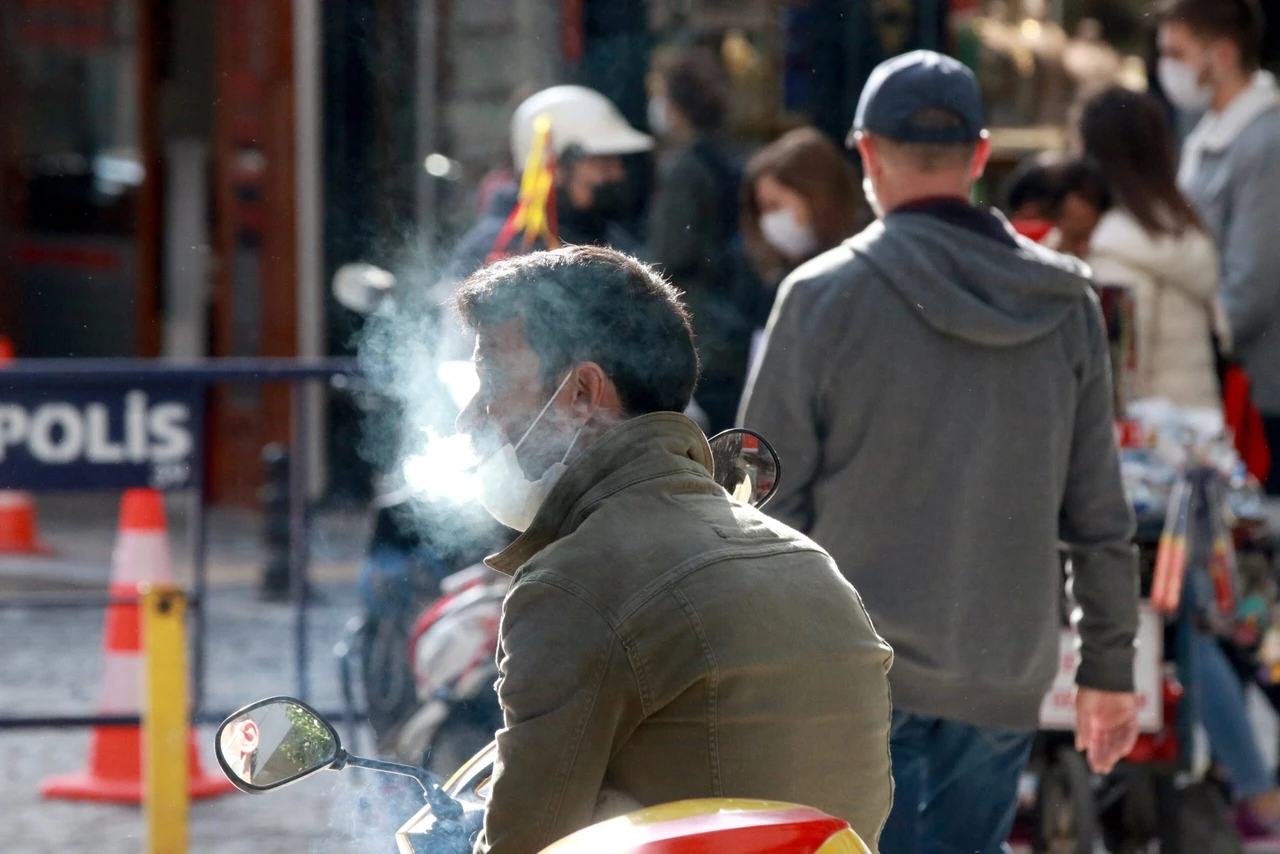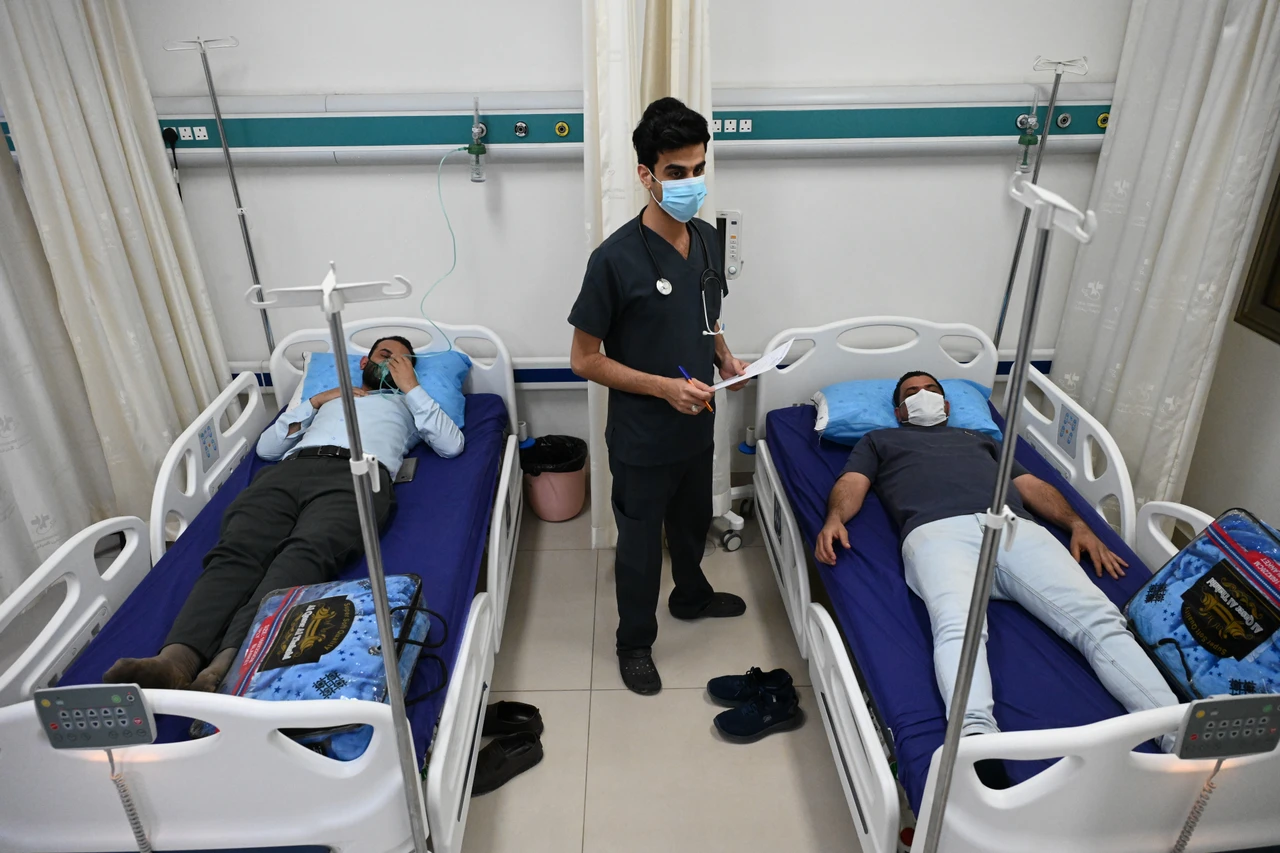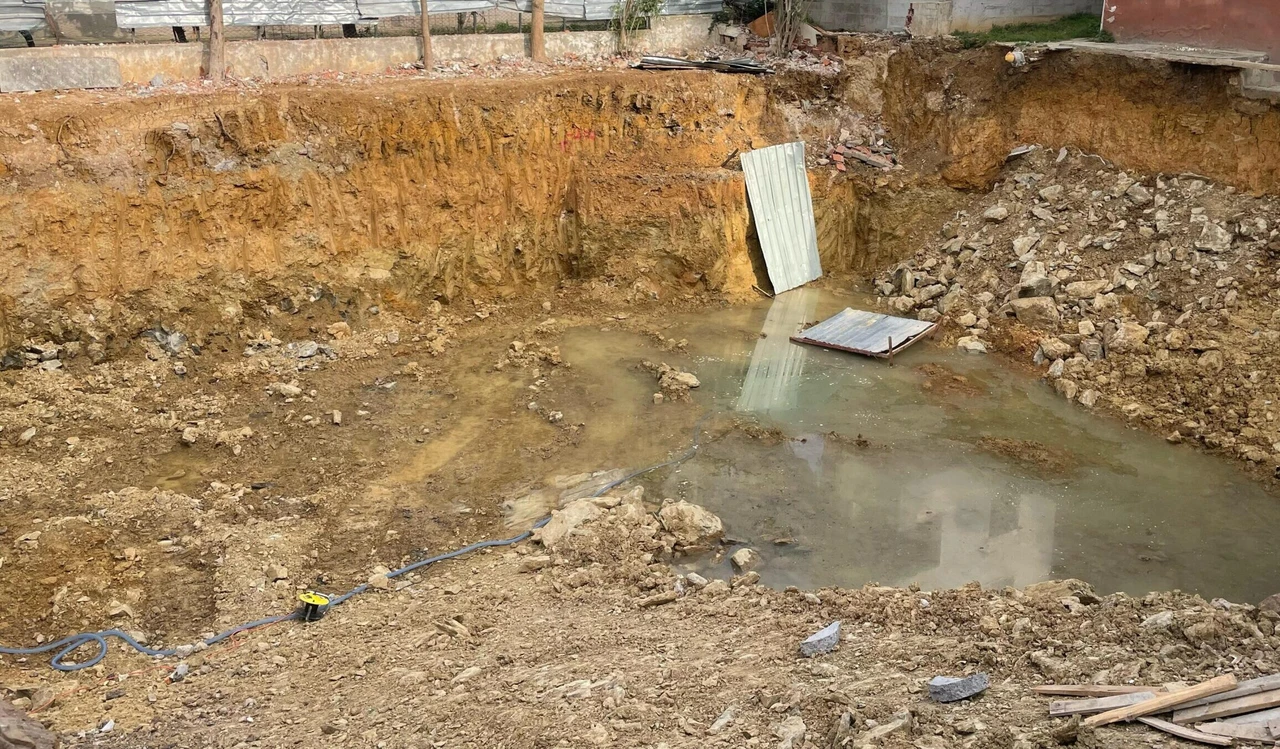Dengue, mosquito-borne diseases on rise in Europe
 A mosquito (Culicidae) is caught in a plastic box by German mosquito researcher Iris Kroeger in the eastern German town of Leipzig July 10, 2013. REUTERS/Tobias Schwarz/File Photo
A mosquito (Culicidae) is caught in a plastic box by German mosquito researcher Iris Kroeger in the eastern German town of Leipzig July 10, 2013. REUTERS/Tobias Schwarz/File Photo
The European Centre for Disease Prevention and Control (ECDC) has reported a significant rise in cases of dengue and other mosquito-borne diseases in Europe.
According to the ECDC, 130 locally transmitted dengue cases were documented in 2023 within the European Union (EU), Iceland, Liechtenstein and Norway (EEA), up from 71 cases in 2022.
This marks a substantial increase from the 2010-2021 period, which saw a total of 73 cases.
Impact of climate change
The rise in mosquito-borne diseases is attributed to climate change, which creates warmer conditions conducive to spreading invasive mosquitoes. “Europe is already seeing how climate change is creating more favorable conditions for invasive mosquitos to spread into previously unaffected areas and infect more people with diseases such as dengue,” said ECDC Director Andrea Ammon during a press conference.
She highlighted the connection between higher summer temperatures, milder winters and the spread of mosquitoes.
Spread of West Nile Virus, other diseases
Besides dengue, the ECDC reported 713 locally transmitted cases of West Nile virus in 123 regions across nine EU countries in 2023, resulting in 67 deaths. Although this decreased from 1,133 cases in 2022, the number of affected regions reached its highest since 2018.
The Culex pipiens mosquito, which transmits the West Nile virus, is native to Europe and prevalent throughout the EU/EEA. Meanwhile, the Aedes albopictus mosquito, responsible for spreading dengue, chikungunya and Zika viruses, is expanding its presence north, east and west, now established in 13 EU/EEA countries.
The Aedes aegypti species, known for transmitting yellow fever, dengue, chikungunya, and Zika, has recently been found in Cyprus and several EU outermost regions – including Madeira and the French Caribbean islands.
Preventative measures, future outlook
The ECDC emphasizes the importance of coordinated measures to combat the spread of mosquito-borne diseases. Recommended actions include using insecticidal nets, indoor residual spraying and eliminating stagnant water from residential areas. Personal protective measures to reduce mosquito bites are also crucial.
“It is widely anticipated that climate change will largely impact the spread of mosquito-borne diseases in Europe, for instance, through the creation of environmental conditions favorable for the establishment and growth of mosquito populations,” the ECDC stated.



